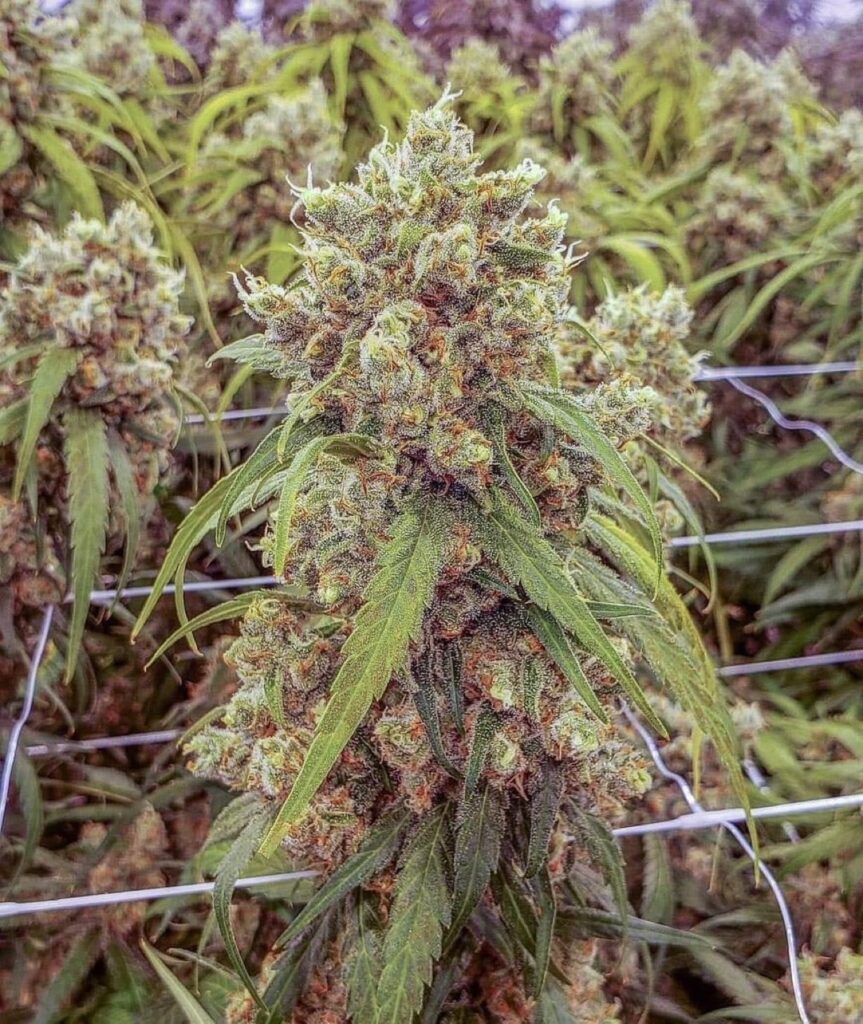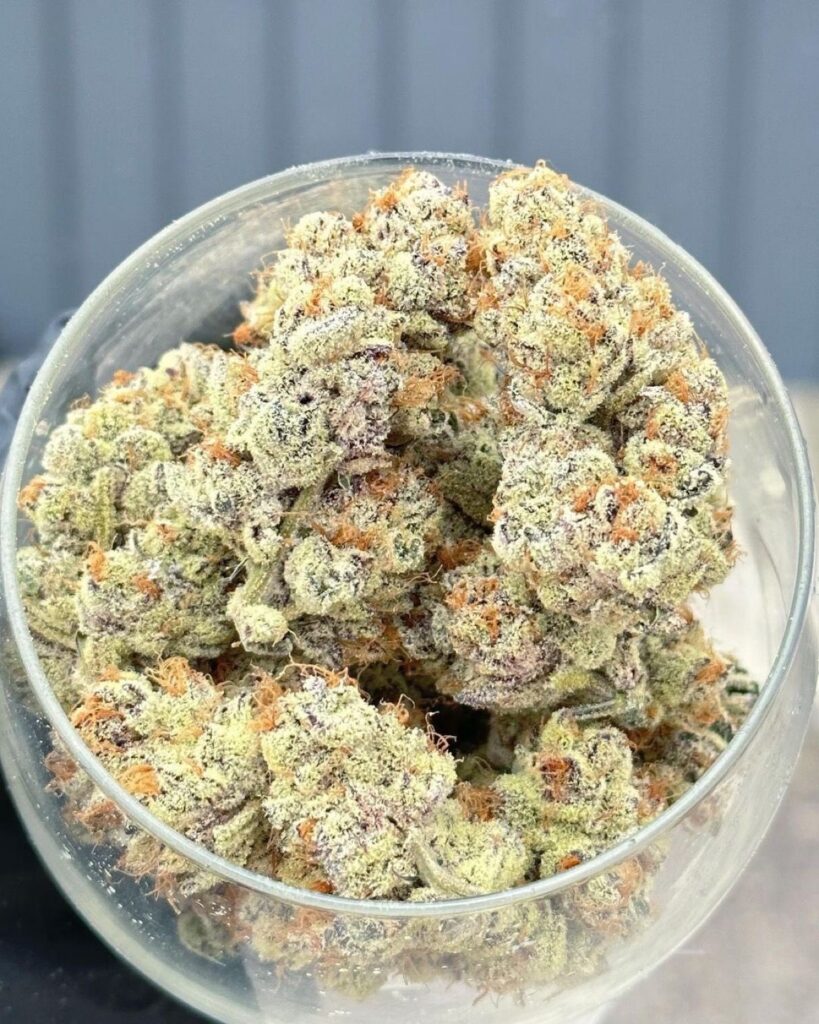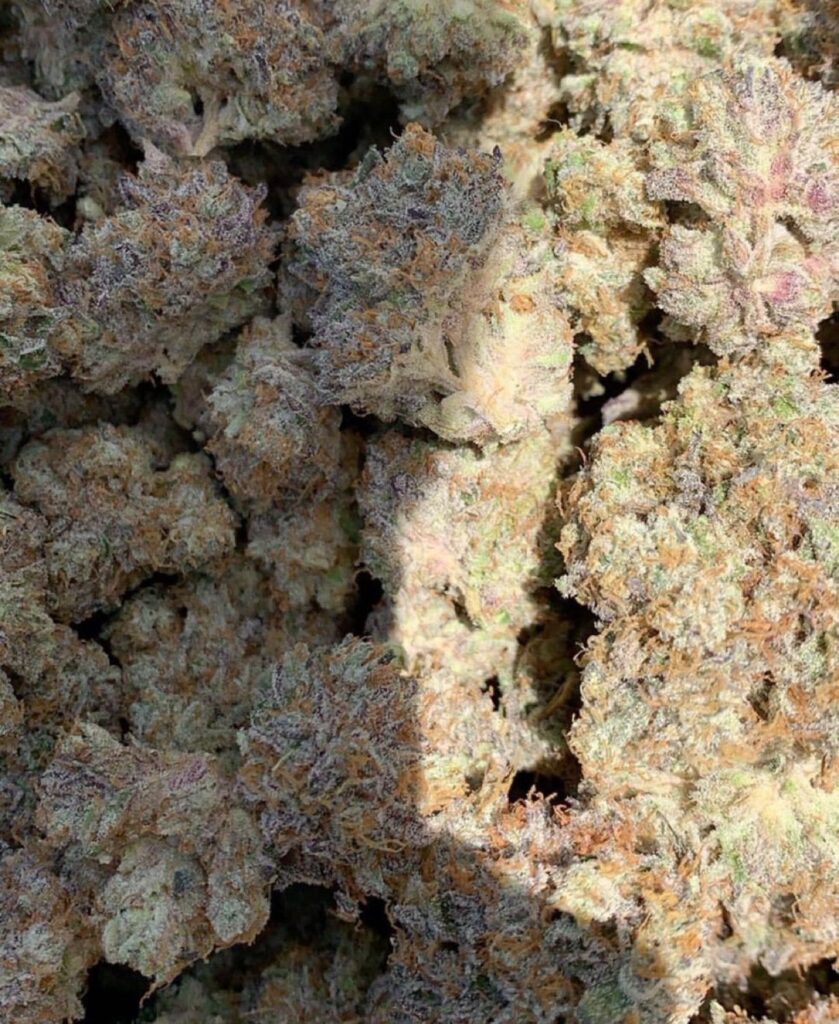
In the world of creativity and innovation, the relationship between cannabis and artistic expression has long been a topic of fascination. From musicians to writers, comedians to entrepreneurs, many have attributed their success, at least in part, to the use of this psychoactive substance. The notion that cannabis can unlock the doors to heightened creativity and imaginative thinking has become deeply ingrained in our cultural psyche. However, a growing body of research suggests that this perceived link may not be as straightforward as we once believed.

Challenging the Myth
As the legalization of cannabis continues to gain momentum across the globe, researchers have been presented with an unprecedented opportunity to delve deeper into the cognitive and behavioral effects of this ubiquitous substance. One such study, published in the prestigious Journal of Applied Psychology, set out to investigate the much-touted connection between cannabis and creativity.
Led by Christopher Barnes, a professor at the University of Washington, the research team recruited a group of 191 self-described occasional cannabis users from the state of Washington, where recreational use had been legalized in 2014. The participants were randomly assigned to one of two groups: those who had consumed cannabis within the past 15 minutes, and those who had abstained from its use for at least 12 hours.

The participants were then tasked with an exercise that is commonly used to measure divergent thinking, a key component of creativity. They were asked to come up with as many creative uses for a humble brick as possible, within a four-minute time frame.
After the task was completed, the participants were asked to rate the creativity of their own ideas. Unsurprisingly, those who had just consumed cannabis were more likely to report feeling “happy” or “joyful” and to rate their own suggestions as more creative.
However, when the researchers enlisted a team of independent raters to objectively evaluate the ideas generated by the participants, a different story emerged. The ideas produced by both the cannabis-using group and the control group were found to be equally creative (or, in some cases, equally uncreative).1
In other words, while the participants who were under the influence of cannabis felt more creative, their actual creative output was no different from those who had abstained from use. This finding led the researchers to conclude that cannabis may enhance one’s perception of creativity, but it does not necessarily translate into enhanced creative abilities.

Perception vs. Reality
To further explore this phenomenon, the researchers conducted a second experiment, this time involving 140 participants. The task was slightly more complex, requiring the participants to imagine they were consultants tasked with generating revenue-boosting ideas for a local band.
Once again, the participants were divided into two groups – those who had consumed cannabis and those who had not. After completing the task, the participants were asked to evaluate the creativity of their peers’ ideas.
The results were consistent with the first experiment: those who had used cannabis were more likely to rate the ideas of others as more creative, even though the independent judges did not find any significant differences in the actual creativity of the suggestions. “Cannabis will make you think you are more creative, and make you think others are more creative as well,” Barnes, the lead author of the study, explained to PsyPost.
These findings suggest that the perceived link between cannabis and creativity may be more a matter of perception rather than reality. The mood-enhancing effects of cannabis appear to influence how individuals evaluate their own and others’ creative output, but not the innate creative abilities themselves.

Explaining the Enduring Myth
Given the widespread belief that cannabis enhances creativity, one might wonder why these findings seem to contradict such a deeply ingrained notion. The researchers point to several factors that may contribute to the persistence of this myth.
First and foremost, the mood-boosting effects of cannabis play a significant role. When individuals feel more relaxed, happy, and carefree, they may be inclined to perceive their own ideas and the ideas of those around them as more creative, even if the objective quality of the ideas remains unchanged.
Additionally, the researchers suggest that individuals who possess above-average creative abilities may be more drawn to cannabis in the first place. A previous study found that cannabis users tend to score higher on tasks requiring convergent thinking, which involves identifying a single correct solution to a problem. This could be attributed to their heightened openness to new experiences, a personality trait often associated with creativity.
In other words, it may be the case that creative people are drawn to cannabis, rather than the substance itself enhancing their creativity. The correlation between cannabis use and perceived creativity may simply be a result of this self-selection bias.
Creativity in Context
It’s important to note that the experiments conducted in these studies focused on specific types of creativity, such as divergent thinking and the generation of novel ideas. However, the researchers acknowledge that the relationship between cannabis and creativity may be more nuanced and context dependent.
For instance, the researchers suggest that cannabis might have a more profound impact on creativity in specific domains, such as musical or artistic production. The act of creating art or music often involves a more intimate, solitary experience, which may be enhanced by the mood-altering effects of cannabis.
Additionally, the researchers point out that the studies they conducted used relatively simple creative tasks, which may not fully capture the complex and multifaceted nature of creativity in the real world. The idea for a hit song or a groundbreaking business venture might not be readily apparent in a laboratory setting. “Let’s just say that answering whether or not cannabis makes you more creative can get rather complicated,” the researchers conclude.

The Nuance of Responsible Cannabis Use
As the use of cannabis becomes more widespread, it’s important to approach the discussion of its effects with nuance and objectivity. While the research presented in this blog may challenge the widely held belief that cannabis enhances creativity, it does not negate the potential benefits or the personal experiences of those who have found creative inspiration through its use.
The key takeaway is that the relationship between cannabis and creativity is complex and multifaceted. It’s not a simple matter of “cannabis makes you more creative” or “cannabis doesn’t make you more creative.” The reality lies somewhere in between, shaped by individual factors, the specific context of creativity, and the responsible use of the substance.
Responsible Cannabis Use and Creativity
For those individuals who do find cannabis helpful in their creative pursuits, it’s crucial to approach its use with caution and responsibility. While the studies presented here suggest that cannabis may not directly enhance creative abilities, the mood-boosting effects can still play a role in the creative process, particularly in more subjective and personal domains.
However, it’s important to recognize that the responsible use of cannabis is essential. Overindulgence or the use of cannabis in inappropriate contexts can lead to impaired judgment, compromised cognitive function, and potentially negative consequences.
To harness the potential benefits of cannabis in a responsible manner, it’s advisable to:
- Understand your own relationship with the substance: Carefully observe how cannabis affects your mood, focus, and creative flow. Experiment with different strains, dosages, and consumption methods to find what works best for you.
- Establish a healthy creative routine: Integrate cannabis use into a broader, well-rounded creative practice that includes other productive habits, such as regular exercise, healthy sleep, and mindfulness.
- Maintain balance and moderation: Avoid using cannabis as a crutch or a shortcut to creativity. Ensure that its use is not interfering with your overall well-being or professional responsibilities.
- Stay informed and adaptable: As research on the effects of cannabis continues to evolve, be open to adjusting your approach and staying up-to-date with the latest scientific findings.
Establishing a Healthy Creative Routine
- Integrate cannabis use into a broader, well-rounded creative practice: This could include activities like regular exercise, meditation, journaling, or engaging in other hobbies that nurture creativity.
- Maintain a consistent sleep schedule and healthy dietary habits: Ensuring proper rest and nourishment can enhance cognitive function and creative output, regardless of cannabis use.
- Experiment with different consumption methods and dosages: Try vaporizing, edibles, or low-dose tinctures to find the right balance that supports your creative flow without impairing your judgment or productivity.
Practicing Moderation and Self-Awareness
- Set clear creative goals before consuming cannabis: Approach your use with intention and purpose, rather than relying on it as a crutch or a shortcut to creativity.
- Monitor the effects of cannabis on your mood, focus, and creative output: Pay attention to how the substance affects you, both positively and negatively, and make adjustments accordingly.
- Avoid using cannabis in inappropriate contexts: Refrain from consuming cannabis before undertaking tasks that require high levels of focus, coordination, or safety, such as operating machinery or driving.
Staying Informed and Adaptable
- Regularly review the latest research on cannabis and creativity: As the field of study evolves, be open to adjusting your approach based on new scientific findings.
- Cultivate a diverse support network: Engage with other creatives, healthcare professionals, and industry experts to gain a well-rounded understanding of the complex relationship between cannabis and creativity.
- Be prepared to adapt your approach: If you notice that cannabis use is interfering with your overall well-being or creative productivity, be willing to adjust or discontinue your use.
Prioritizing Mental Health and Wellness
- Recognize the potential risks of cannabis abuse: While cannabis may have mood-enhancing effects, prolonged or excessive use can lead to adverse consequences, such as increased anxiety, depression, or cognitive impairment.
- Seek professional support if needed: If you suspect that your cannabis use has become problematic or is negatively impacting your mental health, consider consulting with a licensed healthcare provider or a therapist.
- Cultivate alternative coping mechanisms: Explore non-pharmacological methods of managing stress, anxiety, or creative blocks, such as mindfulness practices, exercise, or engaging in other hobbies.









